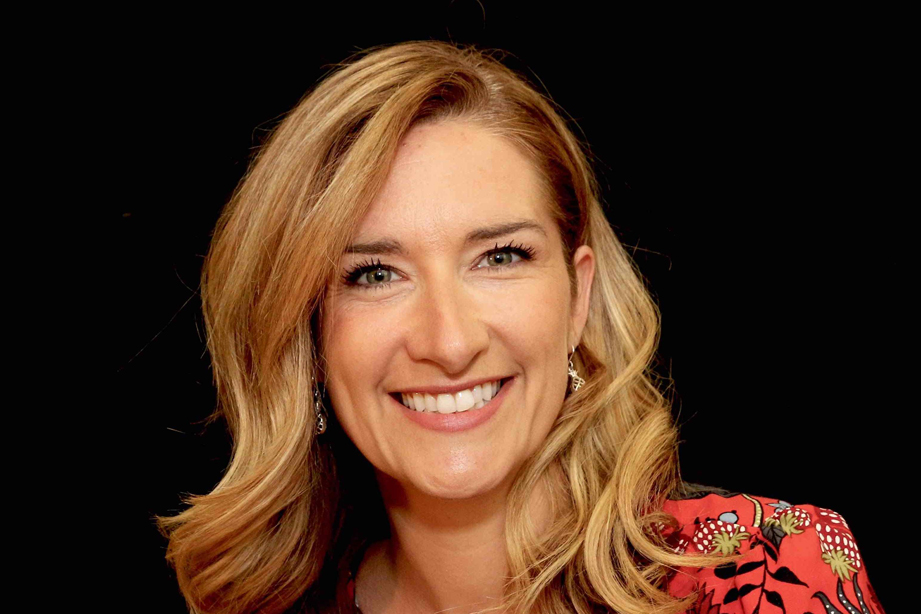Better Understanding the Needs of Families Living with FASD during the Pandemic and Beyond
May 7, 2021 | News

Individuals living with neurodevelopmental disabilities and their families have faced additional challenges over the last year, ones that might extend beyond the pandemic. In response to this, KBHN Chief Scientific Officer Dr. James Reynolds and his PhD student Maude Champagne undertook a project to better understand the social support needs of families raising children and youth living with Fetal Alcohol Spectrum Disorder (FASD) and how these needs have been impacted during the pandemic.
Maude spoke with KBHN about the importance of this project and how she hopes it will mobilize change.
What was the purpose of this study?
The initial intent of this study was to assess the needs of people who were accessing programs with ABLE2, a non-profit community agency based in Ottawa that supports people of all ages with developmental disabilities and which runs the Fetal Alcohol Resource Program (FARP). We asked people in the program to fill out a survey and to participate in interviews, so we were able to have both qualitative and quantitative data. We asked how families were being impacted by COVID-19 as well as how satisfied they were with the services delivered by ABLE2, which were moved from in-person to online.
We realized these questions helped us understand more generally the social supports families of children with FASD need, and this project gave us insight into how these supports could be adapted in the future, even beyond the pandemic.
What were some of the main findings from the project?
One of the key findings was the increased frequency and severity of challenging behaviours—such as constantly causing interruptions and hyperactivity – and how these challenges impacted the whole family. Caregivers also reported an increase in dangerous behaviours, which refers to self-harm and any behaviours that could harm another family member and the correlation between these behaviours and adoption disruption, which is really concerning. Related to this, parents talked about having to call first responders who didn’t know how to deal with these kinds of situations, so they often ended up not being very helpful.
We also found caregivers were quite overwhelmed and expressed a need for respite and mental health support. There was limited respite before the pandemic, but over the past year, barely any has been available.
Based on this research, what needs to change moving forward?
It’s important to mention that a lot of the issues we identified existed previously but have been exacerbated by the pandemic.
Based on our research, mobile crisis units should resume as an essential service because they’re really needed. It’s also important to have safe respite options during the pandemic and beyond and to increase mental health support for both people living with FASD and their caregivers.
I recently gave a talk, and some parents of youth living with FASD said their kids were doing well with online learning because they didn’t have to deal with the social aspects of school, while others were missing the structure of in-person classes. Perhaps post-pandemic, there could be flexible options, where some kids could do online schooling at least part-time.
An important next step will be developing interventions to respond to the dangerous behaviours and aggression some children and youth may display during times of crisis. These interventions need to be delivered in a way that doesn’t increase stigma for individuals living with FASD. Our team, led by Dr. Reynolds, has partnered with experts in the UK who have developed a program called Nonviolent Resistance (NVR) which we’re planning to adapt to FASD shortly.
By: Vanessa Hrvatin (Freelance Writer)